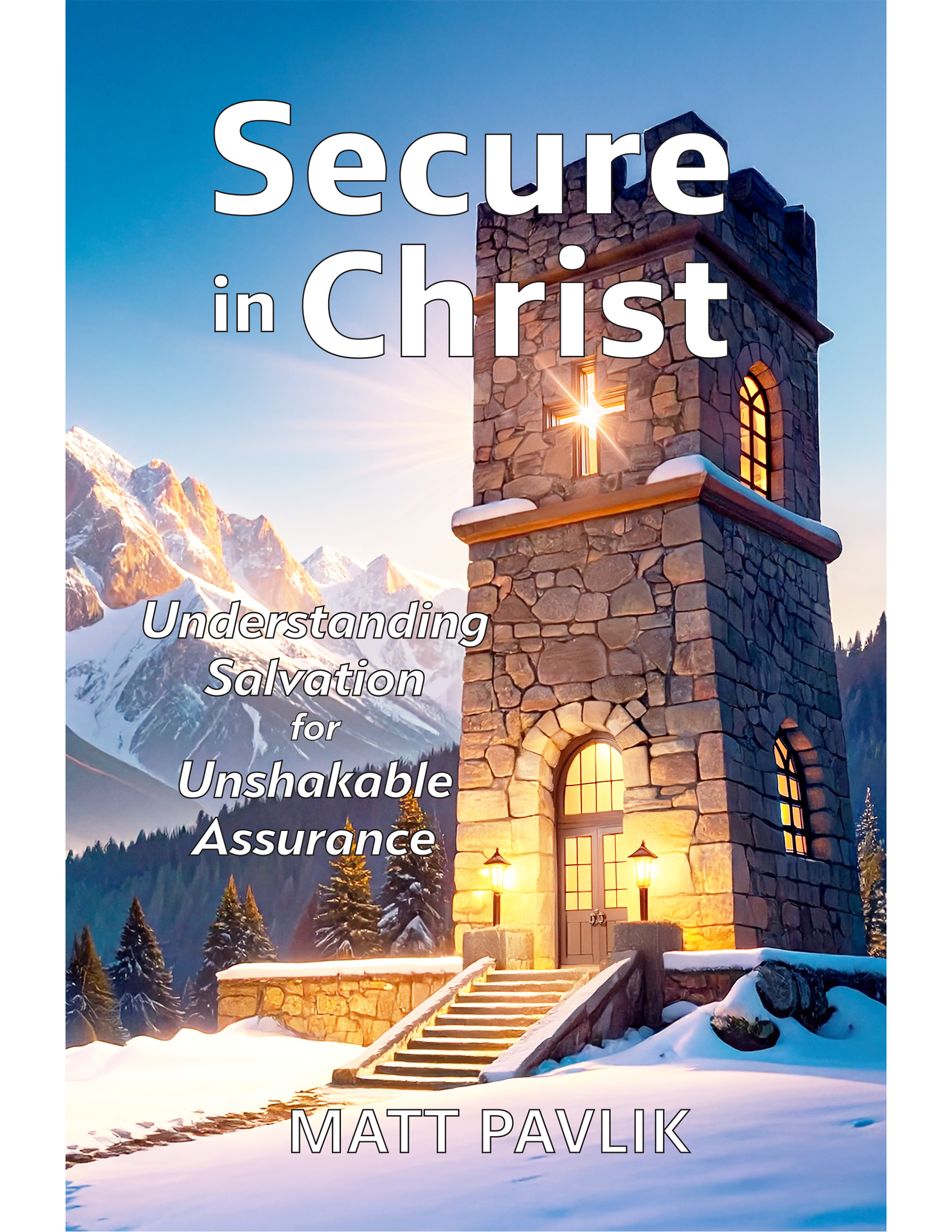Recently, I read a blog post that thoughtfully explored the nature of God’s love, suggesting that divine love is “inherently uncontrolling.” The author, drawing from Thomas Oord’s theology, raised important questions about how we experience God’s power and whether control is compatible with love. While I appreciate the heart behind this reflection—especially the emphasis on God’s gentleness and compassion—I believe Scripture paints a fuller picture of a God whose love is not diminished by His sovereignty, but upheld by it.
God’s Sovereignty Is Not Domination
It’s true that God doesn’t override our humanity or force us into robotic obedience. But His control is not oppressive—it’s purposeful and redemptive. The Bible consistently reveals a God who actively governs all things according to His will. As Paul writes:
In him we have obtained an inheritance, having been predestined according to the purpose of him who works all things according to the counsel of his will.
Ephesians 1:11 ESV
God’s sovereignty is not passive. It’s the reason we can trust that history is moving toward His intended end. He doesn’t always act with immediate force, but nothing He wills ultimately fails.
Transformation, Not Coercion
Consider Saul’s dramatic conversion. One moment he was persecuting Christians; the next, he was proclaiming Christ. God didn’t violate Saul’s will—He revealed Himself so powerfully that Saul’s heart was changed. God gave him a new nature, one that desired Him. This is the essence of salvation: God initiates, transforms, and secures. Our response is awe and gratitude, not resistance.
If God’s will were contingent on human cooperation, salvation would be fragile. But Jesus assures us that those the Father gives Him will come to Him—and He will lose none (John 6, 10, 15). God’s love doesn’t compete with His control; it’s expressed through it.
Does 1 Corinthians 13 Deny Divine Control?
Oord’s interpretation of 1 Corinthians 13 suggests that love “does not force itself on others,” implying that God’s love must be non-controlling. But this reading stretches beyond the text. Paul’s description of love emphasizes humility and endurance—not a denial of divine authority.
Love is patient and kind; love does not envy or boast; it is not arrogant or rude. It does not insist on its own way; it is not irritable or resentful…
1 Corinthians 13:4–5 ESV
“Not insisting on its own way” speaks to selfishness, not sovereignty. God’s love is not self-serving, but that doesn’t mean He relinquishes control over creation, redemption, or judgment. In fact, His control is what ensures that love triumphs over evil.
Power That Secures Salvation
Paul declares:
For I am not ashamed of the gospel, for it is the power of God for salvation to everyone who believes…
Romans 1:16 ESV
God’s power is not a threat to love—it’s the very means by which salvation is accomplished. Without divine sovereignty, there would be no guarantee of redemption, no assurance of resurrection, no hope in suffering. But because God is both loving and in control, we can rest secure in Him.
📘 Secure in Christ
This theme is central to my upcoming book, Secure in Christ. In it, I explore how God’s sovereign love provides the foundation for lasting assurance. His attributes don’t compete—they harmonize. God would not be God if He were not in control. And because He is, we can trust that His love will never fail.
To suggest that divine love must be powerless to be pure is to misunderstand both power and purity. God’s love is not reckless or weak—it’s decisive, holy, and unfailing. Scripture does not invite us to imagine a God who merely hopes for our salvation, but to trust in a Savior who accomplishes it. Love isn’t the absence of power; it’s the redemptive use of it.
It’s like the hand of a skilled surgeon—precise, intentional, and filled with care. The scalpel may cut, but always toward healing. God’s sovereignty is not cold control; it is love that moves with clarity and purpose. Because He governs with goodness, we can rest not in probabilities but promises.
Learn more about the nature of God’s love.
Image created by Matt Pavlik using AI Copilot.
Matt Pavlik is a professional counselor, author, and devoted follower of Christ. With decades of experience in Christian counseling, he writes with theological depth and everyday clarity. His resources—centered on salvation, identity, marriage, and emotional healing—are anchored in Scripture and guide believers to discover the freedom of their identity in Christ and the security of their salvation in Him. He and his wife Georgette, married since 1999, live in Centerville, Ohio, and have four adult children.




[…] more about love, control, and obedience.Image generated by Matt using Copilot […]